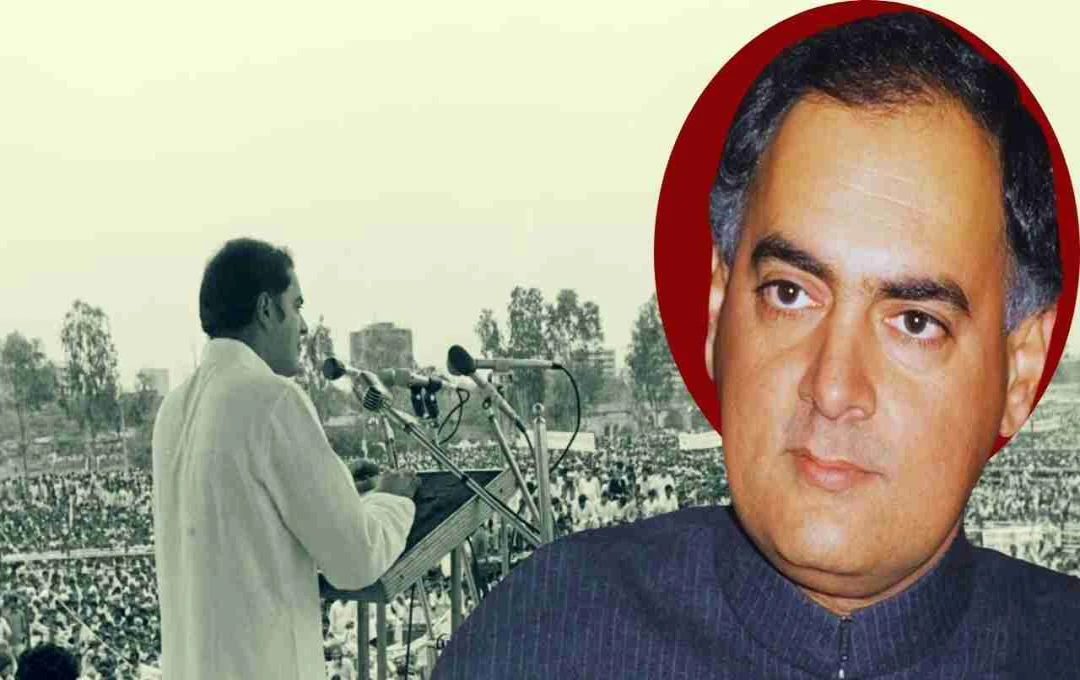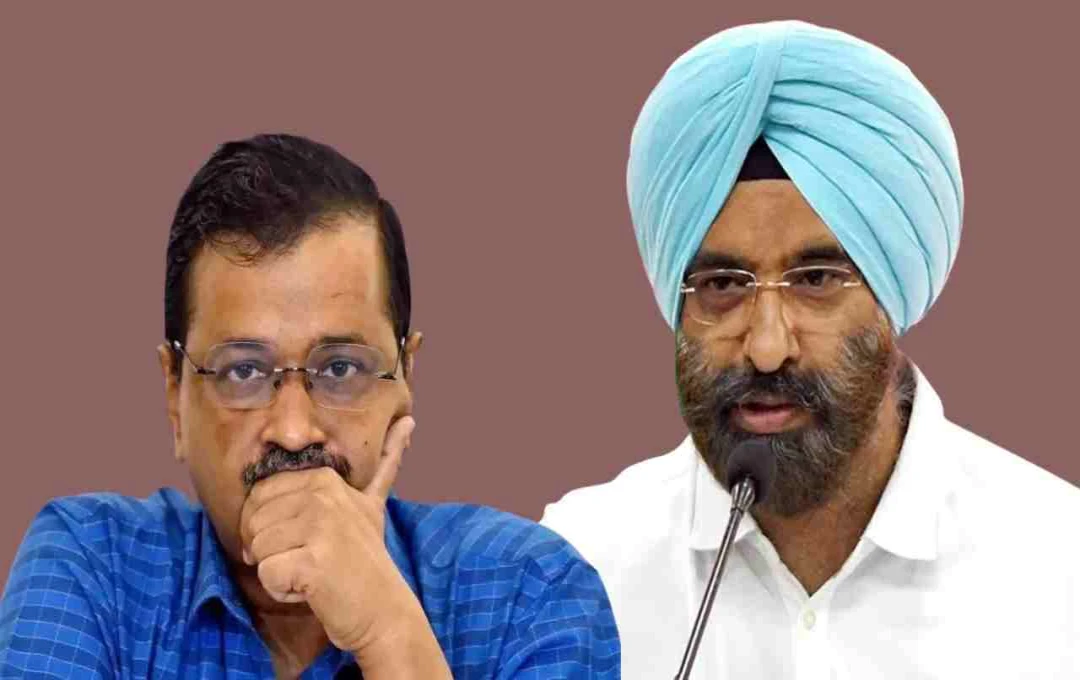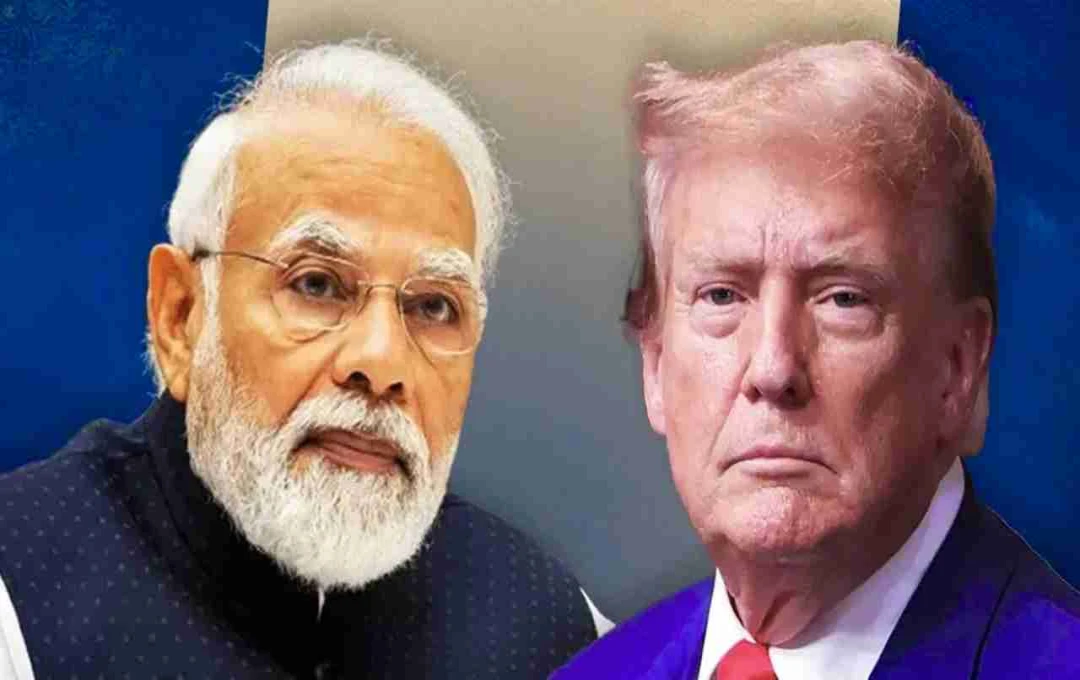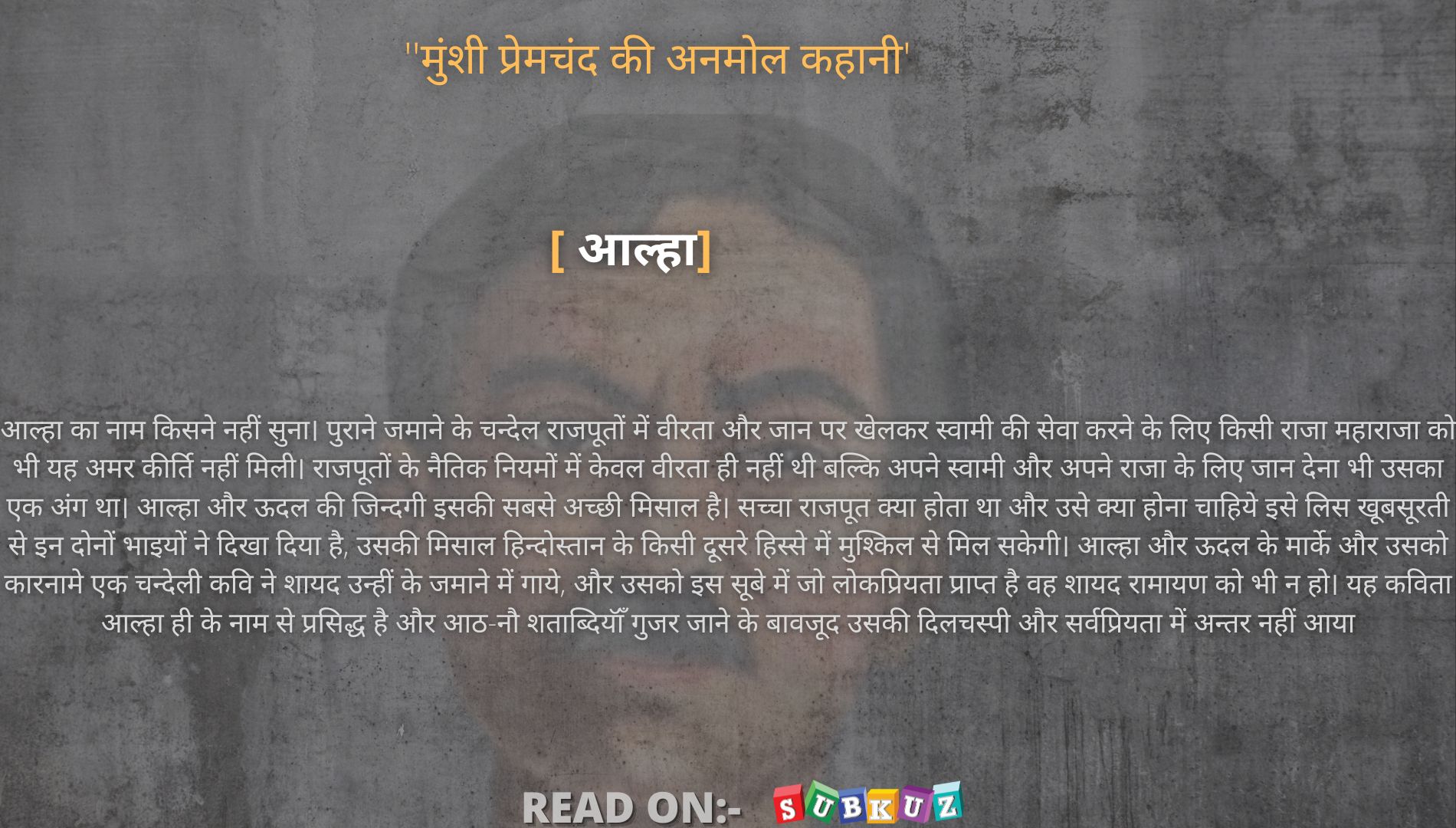Whenever the foundation of modern India's development is discussed, one name immediately comes to mind—Rajiv Gandhi. Becoming India's youngest Prime Minister, Rajiv Gandhi was not just a leader, but a visionary who, through far-sighted decisions in areas such as science, technology, education, and democratic empowerment, steered the nation in a new direction. On the occasion of his death anniversary on May 21st, let us understand his five greatest contributions that transformed the face of India.
Laying the Foundation for the Digital Revolution
The Digital India we speak of today was founded by Rajiv Gandhi in the 1980s. He understood clearly that if India was to advance on the global stage, self-reliance in information technology (IT) and telecommunications was essential.
With this vision, he established C-DOT (Centre for Development of Telematics) in 1984. This institution initiated the expansion of the telephone network across the country. As a result, communication facilities reached even remote villages, connecting villagers to the nation and the world.
MTNL (Mahanagar Telephone Nigam Limited) was launched in 1986 on his initiative, streamlining urban telephone services. The mobile and internet revolution that India boasts of today was laid down by Rajiv Gandhi long ago.
Bringing Computers to the Masses
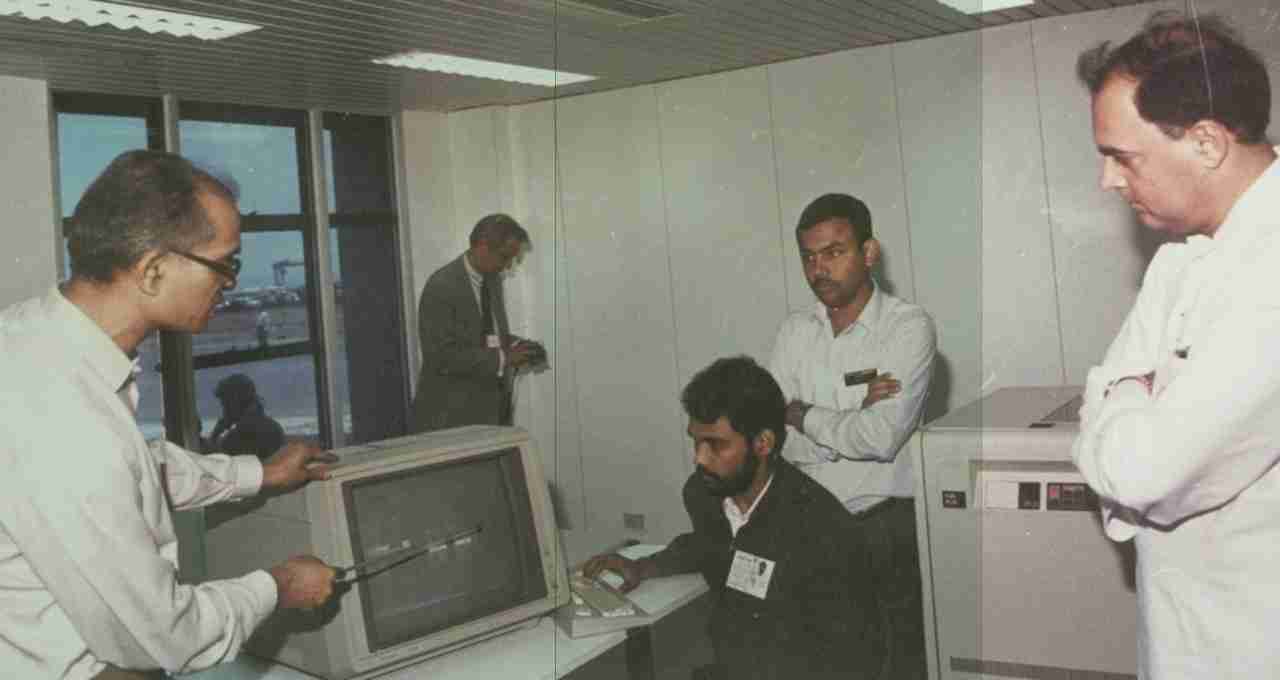
There was a time when computers in India were considered job killers. But Rajiv Gandhi challenged this notion and championed the cause of computers.
He, along with scientist Sam Pitroda, spearheaded a computer revolution in the country. Import duties on computer hardware were reduced to make them more affordable and accessible to a wider population.
Computerized ticket booking in Indian Railways, digitization of government offices, and technological improvements in banking services—all were the results of his vision.
To promote computer education, computers were added to the school curriculum, and technical educational institutions were strengthened.
Voting Rights at 18
Rajiv Gandhi had complete faith in the power of young India. At that time, the voting age in India was 21, which he reduced to 18.
Through the 61st Constitutional Amendment in 1989, he granted millions of young people the right to political participation. This not only gave young people the opportunity to participate in democracy but also infused new energy and perspective into the nation's politics.
This decision encouraged young people to play an active role in politics and made democracy more inclusive.
Constitutional Recognition of Panchayati Raj
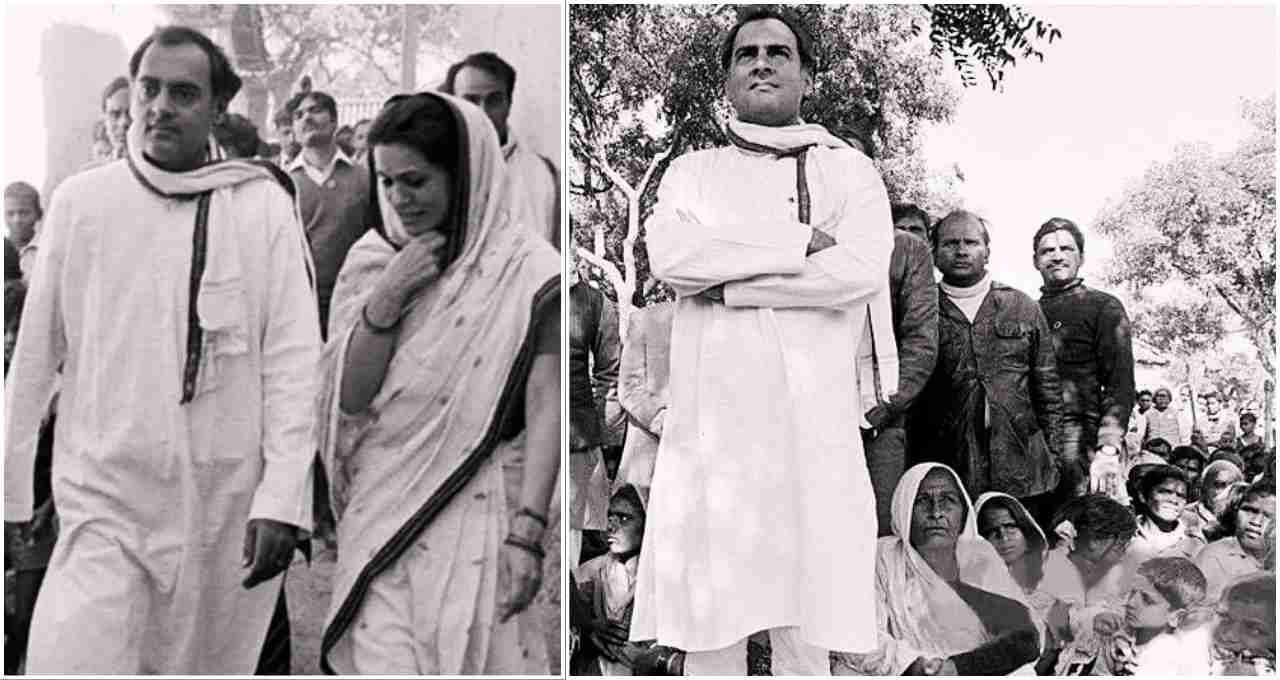
One of Rajiv Gandhi's greatest democratic achievements was the initiative to empower the Panchayati Raj system. He believed that true democracy could not be achieved until villagers themselves made decisions about their development.
He had the 64th Constitutional Amendment Bill drafted regarding Panchayati Raj. Although this law was not enacted during his lifetime, the 73rd and 74th Constitutional Amendments, passed in 1992 based on his vision, granted constitutional status to Panchayats.
Following this, Panchayat elections became mandatory across the country from April 24, 1993, leading to decentralization of power. Today, the direct participation of people from Sarpanch to Block Pramukh in villages is a result of this vision.
Establishment of Jawahar Navodaya Vidyalayas
Rajiv Gandhi also deeply believed in the power of education. He believed that talent is born not only in cities but also in villages, and it should be given proper opportunities.
In 1986, he announced the National Education Policy and planned the establishment of Jawahar Navodaya Vidyalayas under it.
These residential schools were established in rural areas across the country, where meritorious students selected through entrance examinations are provided free education, food, and accommodation.
Today, over 550 Navodaya Vidyalayas are operating across the country, educating millions of students. It is a result of Rajiv Gandhi's foresight that students from backward areas of the country are now making the nation proud on the global stage.
Although Rajiv Gandhi tragically passed away, the seeds he sowed have grown into a vast tree. His vision shaped not only the present but also the future. He made landmark decisions in the fields of technology, education, democracy, and youth, which continue to form the backbone of India's development.
